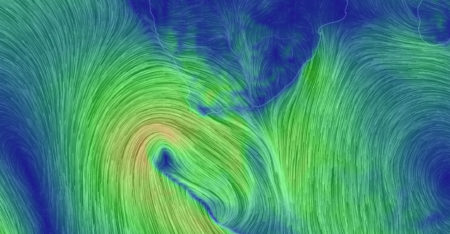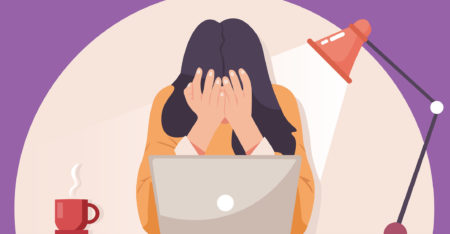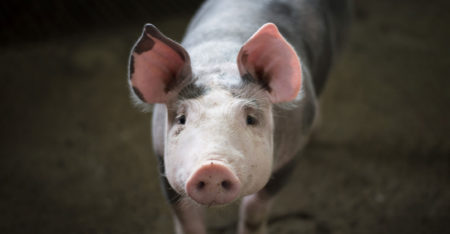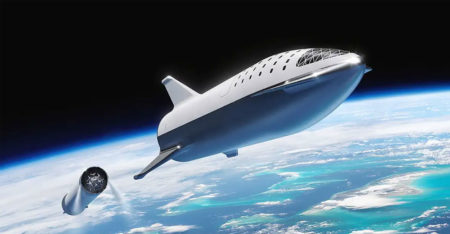A large piece of space debris, possibly weighing several tons, is currently on an uncontrolled re-entry phase, and parts of it are expected to crash down to Earth over the next few weeks.
Author: The Conversation
To meet the ever-growing demand for digital data storage, around 100 new hyperscale data centres are built every two years.
We’re in the early stages of a voice-profiling revolution that companies see as integral to the future of marketing. There’s only one problem…
If you’ve ever got your phone wet in the rain, dropped it in water or spilt liquid over it, you’re not alone. But it’s a myth that putting in rice will dry it out. These tips may, however, help.
The decreasing performance of the existing Eskom plants is evident in the steady decline of the energy availability factor. On average, 35% of Eskom’s power plants are standing idle at any particular time.
Scientists are thinking about whether the international definition of the second could be redefined to make it more precise.
The online meetings designed to get things done could be the very things harming our productivity. And there’s evidence that using audio only might be more productive than an overload of screen meetings.
When the human genome sequence was completed 20 years ago, the scientific achievement was placed on par with the moon landings. But in the two decades since, the sequence has underwhelmed.
In a new study, researchers from Purdue University in Indiana, US have shown that pigs can use a digital screen and joystick, operated by their snout, to move a cursor around for rewards.
No one has visited the moon since 1972. But with the advent of commercial human spaceflight, the urge to return is resurgent and generating a new space race.











